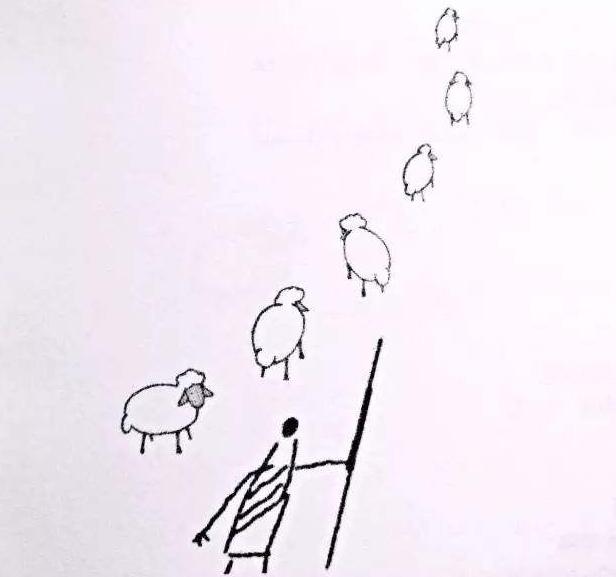The boy, too, had his book, and he had tried to read it during the first few days of the journey. But he found it much more interesting to observe the caravan and listen to the wind.
男孩也有一本書,旅途中的頭幾天,他曾經(jīng)想過讀一讀那本書,但是他發(fā)現(xiàn),觀察商隊(duì)和傾聽風(fēng)聲比讀書有意思多了。
As soon as he had learned to know his camel better, and to establish a relationship with him, he threw the book away.
因此,當(dāng)他對駱駝更加熟悉并迷上這種動(dòng)物之后,便把書扔掉了。
Although the boy had developed a superstition that each time he opened the book he would learn something important, he decided it was an unnecessary burden.
書是不必要的負(fù)擔(dān),盡管男孩曾養(yǎng)成了一種近乎迷信的觀點(diǎn):以書為友,開卷有益。
He became friendly with the camel driver who traveled alongside him.
男孩最終同那個(gè)一直走在他旁邊的趕駝人成了朋友。
At night, as they sat around the fire, the boy related to the driver his adventures as a shepherd.
他習(xí)慣了夜晚跟大家圍坐在篝火旁,把自己當(dāng)牧羊人時(shí)的種種奇遇講給那趕駝人聽。
During one of these conversations, the driver told of his own life.
有一天,聊天的時(shí)候,趕駝人也講起了他的生活經(jīng)歷。
"I used to live near El Cairum," he said.
“我原先住在離開羅很近的一個(gè)地方。”他講道,
"I had my orchard, my children, and a life that would change not at all until I died.
“當(dāng)時(shí)我有孩子,有菜園,過著似乎一輩子也不會(huì)變化的生活。
One year, when the crop was the best ever, we all went to Mecca, and I satisfied the only unmet obligation in my life.
有一年收成很好,我們?nèi)胰硕既チ他溂樱瓿闪宋医裆ㄒ晃幢M的義務(wù),
I could die happily, and that made me feel good."
我可以死而無憾了,這使我感到高興。”

"One day, the earth began to tremble, and the Nile overflowed its banks.
“有一天,忽然天搖地動(dòng),尼羅河河水暴漲,漫出河床。
It was something that I thought could happen only to others, never to me.
我原以為只會(huì)發(fā)生在別人身上的事,最終落在了我的頭上。
My neighbors feared they would lose all their olive trees in the flood, and my wife was afraid that we would lose our children.
我的鄰居們擔(dān)心洪水奪去他們的橄欖樹,我妻子生怕大水卷走我們的孩子,
I thought that everything I owned would be destroyed."
我則懼怕看到我打拼來的一切毀于一旦。”
"The land was ruined, and I had to find some other way to earn a living. So now I'm a camel driver.
“但是毫無辦法。土地?zé)o法耕種了,我只好另謀生路。如今我成了趕駝人。
But that disaster taught me to understand the word of Allah: people need not fear the unknown if they are capable of achieving what they need and want."
不過從此我理解了安拉的那句話:誰也不必?fù)?dān)心未知的事情,因?yàn)檎l都能得到他期望和需要的一切。”
"We are afraid of losing what we have, whether it's our life or our possessions and property.
“我們擔(dān)心失去的,只是那些我們現(xiàn)在擁有的東西:我們的生命,或我們的作物。
But this fear evaporates when we understand that our life stories and the history of the world were written by the same hand."
但是,當(dāng)我們明白了生命的歷程與世界的歷程都是由同一只手寫就的時(shí)候,這種擔(dān)心就會(huì)消失。”












